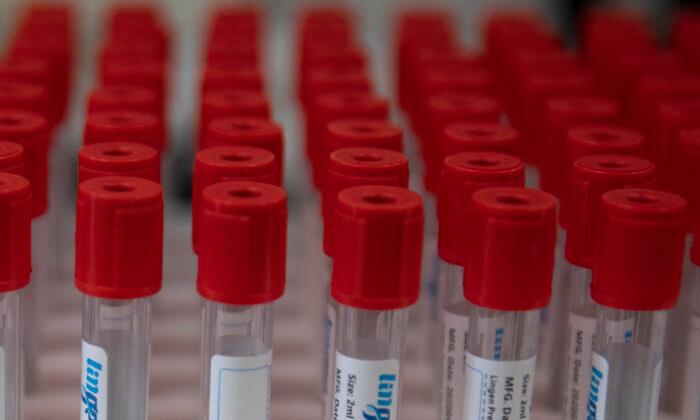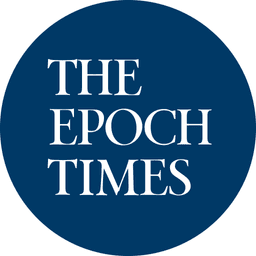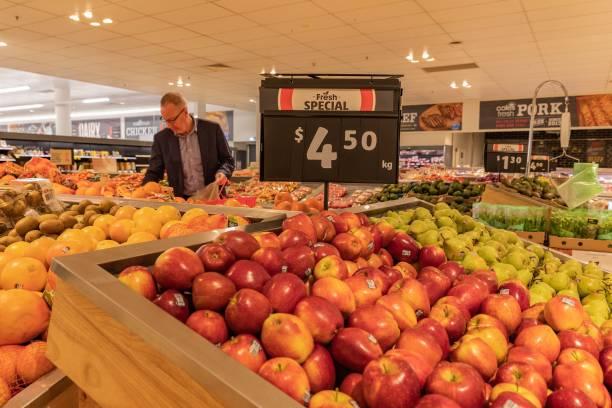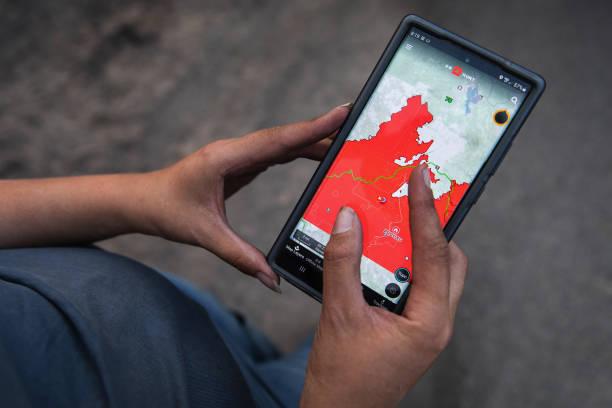The Australian state of Victoria and South Korea are joining forces to enhance RNA and mRNA vaccine research capabilities.
Ribonucleic acid (RNA) is a molecule that plays an essential role in the function of genes. RNA technology underpins the development of new vaccine classes, including the provisionally approved mRNA COVID-19 shots by Pfizer and Moderna.
mRNA based COVID-19 vaccines are designed to train cells to produce a protein unique to the virus, which triggers an immune response and prepares the immune system for exposure to the virus.
The MOU will combine Victoria’s biotech research expertise with Korea’s specialist biomanufacturing capabilities. The agreement entails knowledge exchange between Victoria and South Korea and the development of relationships between government, industry and research organisations.
“Together, we can] contribute to the development of the global RNA ecosystem and future pandemic response,” he added.
The South Korean government has pledged AU$2.4 billion (US$1.78 billion) to become a major global COVID-19 manufacturing centre by 2025, while the Victorian government is aiming to make the state a hub for developing mRNA and RNA technology, AAP reported.
This led to an RNA vaccine partnership roundtable in October 2021, where academia and industry showcased their capabilities and identified synergies.
In addition to coordinating the MOU signing, Austrade played a pivotal role in supporting the partnership by promoting Australia’s mRNA capability to crucial government bodies in South Korea, such as the South Korea Ministry of Health and Welfare, the South Korea Health Industry Development Institute and Korea Vaccine Consultative Committee.






Friends Read Free